Lupus vs. Cancer
Lupus antibodies may become an unlikely ally against cancer.

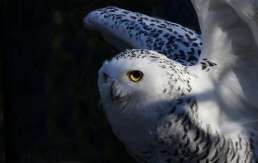
BIRDS, BUTTERFLIES & BEETLES - How radar helped solve a migration mystery, why malaria could be heading north, and how dung beetles cool themselves off. Also: a 21st century technology that's helping archaeologists crack an ancient code.

The incidence of autism has increased in recent years, and so have efforts to identify and treat it earlier.

Smoking while pregnant may cause DNA damage not just to the developing baby, but to that baby's future children.
Monsters from the role playing game “Dungeons & Dragons” help reveal what’s most important to us.
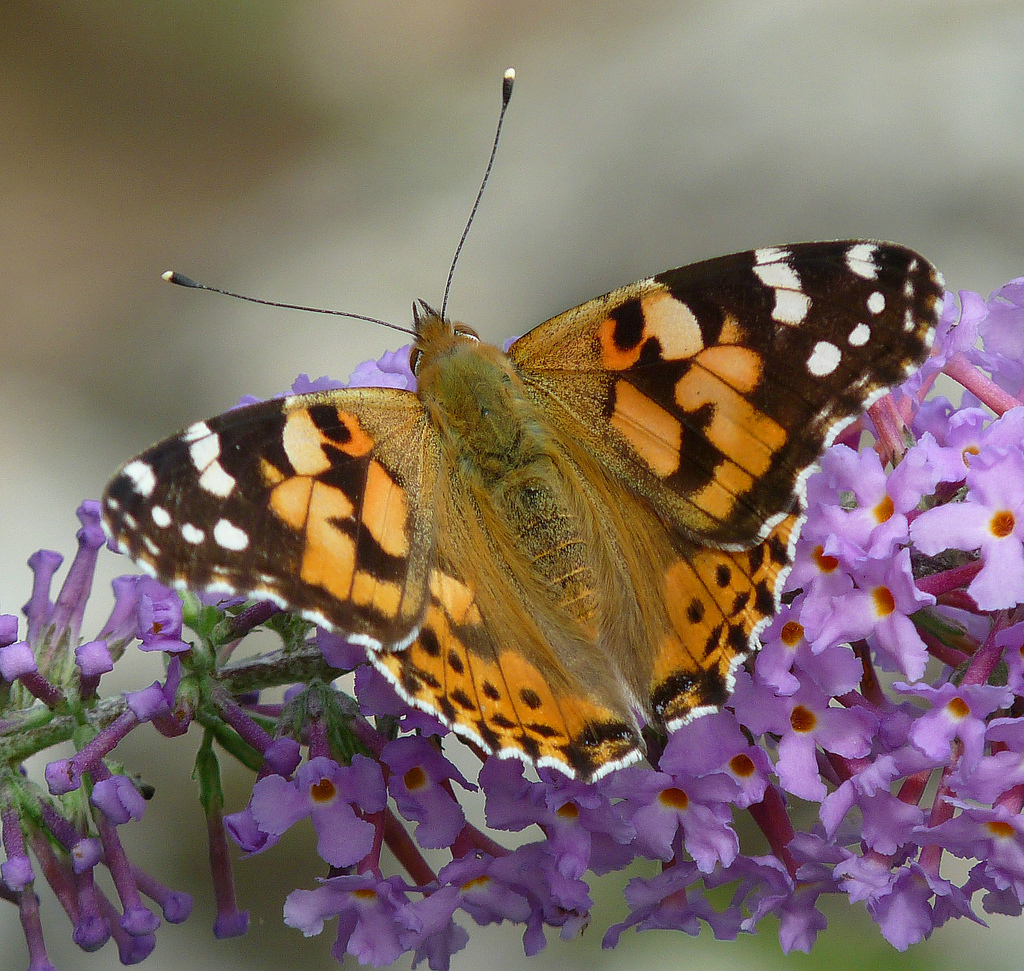
Radar data, along with highly coordinated observations, has solved a disappearing-butterfly mystery.
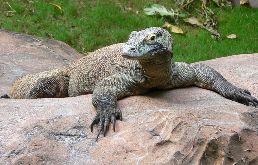
SURVIVAL - Why female Komodo dragons die young, a whale that sounded like a person, and algae that flee their predators. Also: how the brain's insulation differs between us and chimpanzees, and why that insulation is so important to social development.
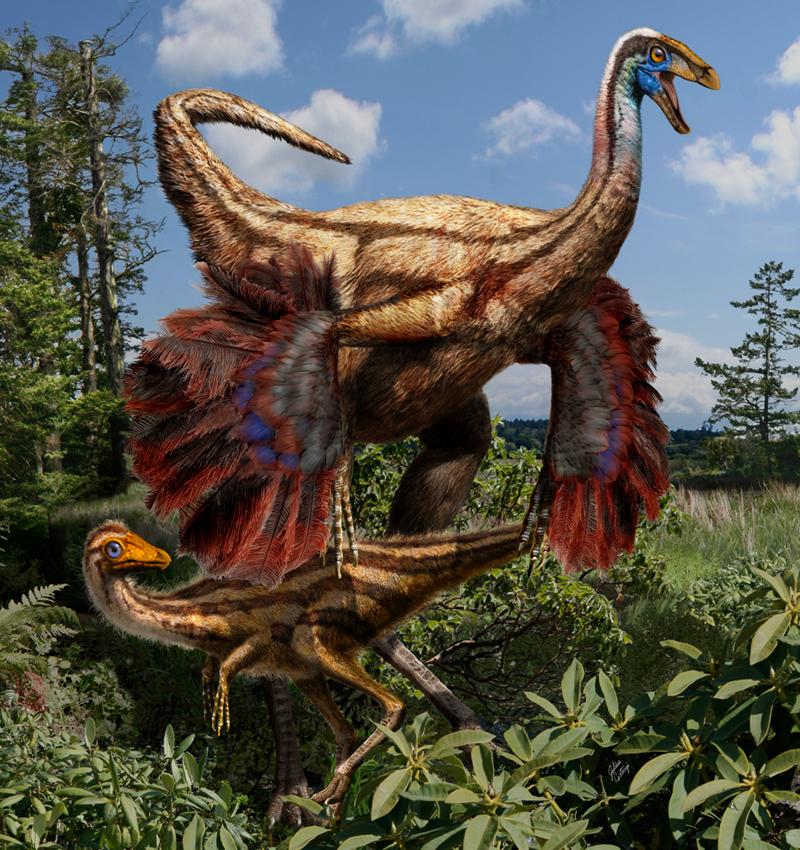
Evidence suggests that an ancestor of modern humans both walked upright and climbed trees.
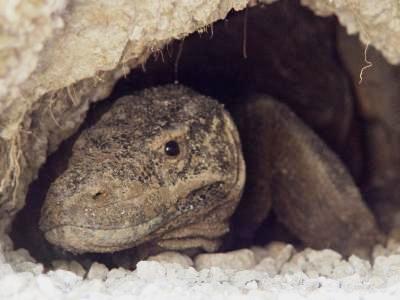

Cells from amniotic fluid can be reprogrammed more stably than traditional stem cells.
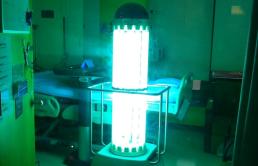
MEDICAL INNOVATION - Medical implants that just melt away, how cancer research could make the plastics industry less dependent on fossil fuels, and why ultraviolet light is cleaning up hospital rooms. Also: scientists find a surprising new source of re-programmable cells in amniotic fluid. And a new genetic test that could help babies in the neonatal intensive care unit.

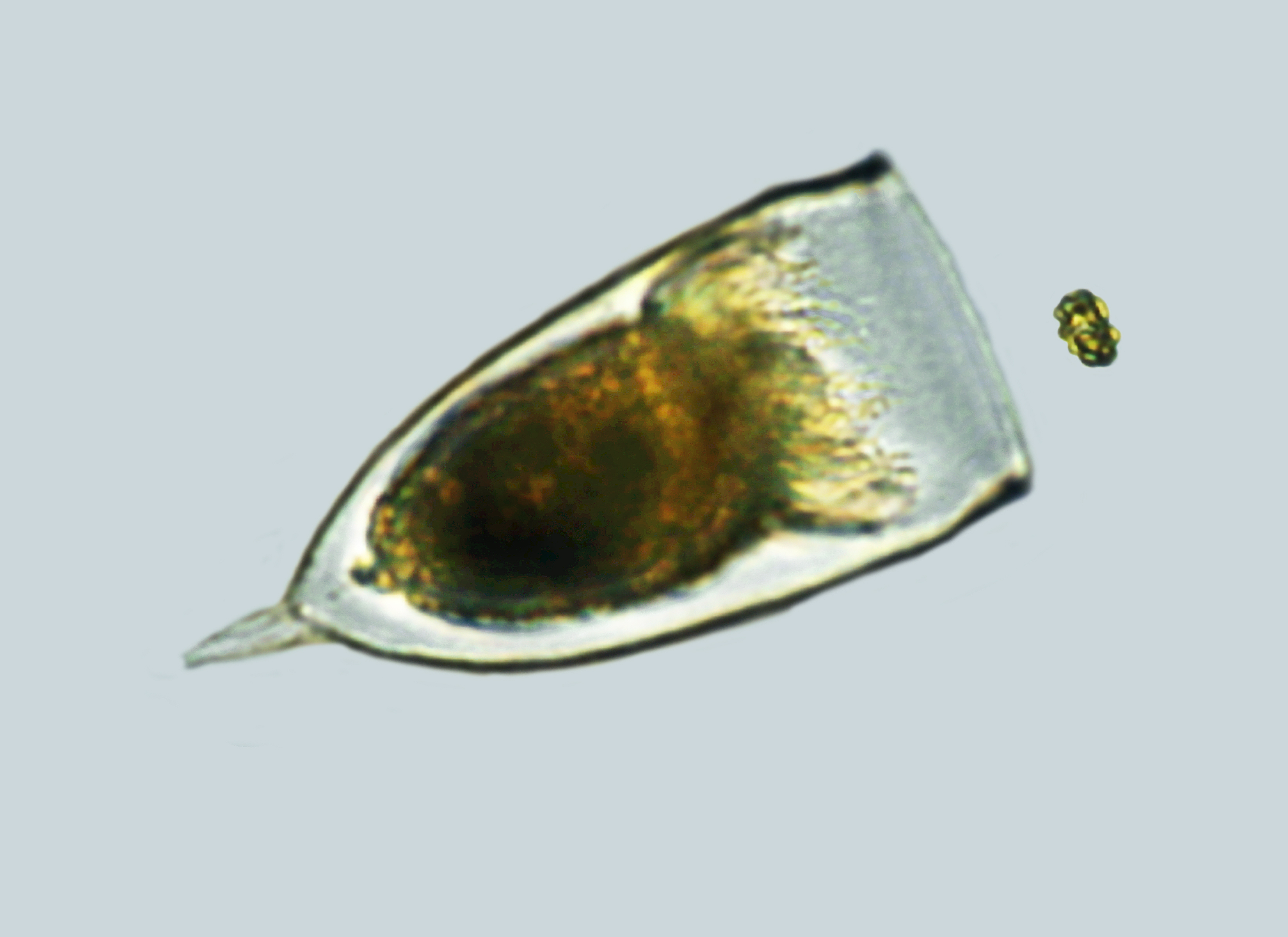
Scientists report that plant-like organisms called phytoplankton flee their predators just like animals do.
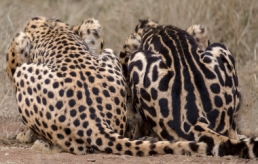
ANIMAL GENES & BEHAVIOR - The genes responsible for cat coat patterns, why male killer whales are momma's boys, what's behind the hummingbird's aerial acrobatics, and how epigenetics explains honeybee castes.

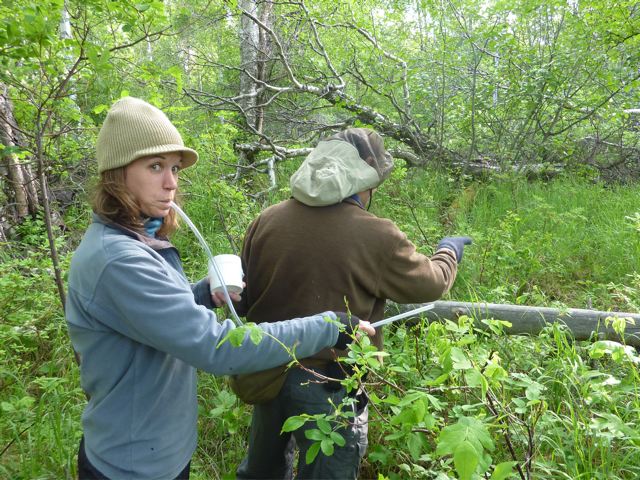
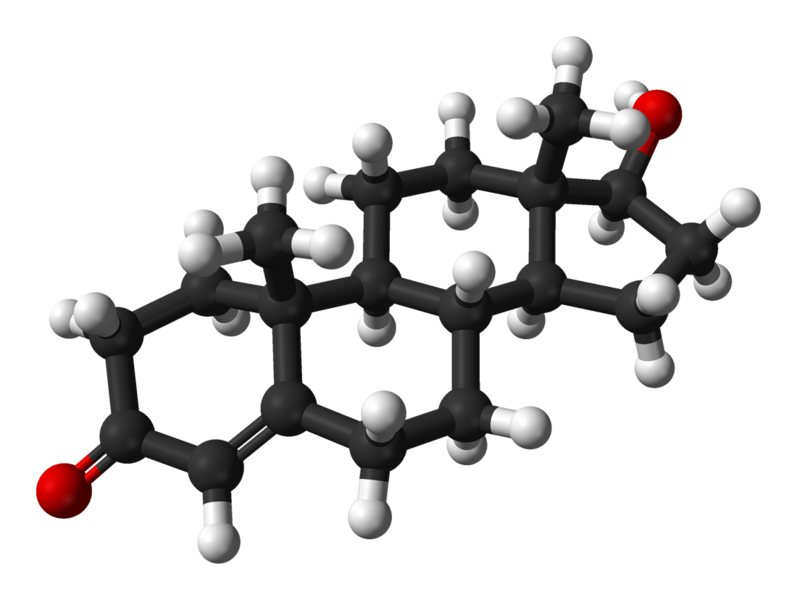
Over several centuries in Imperial Korea, eunuchs far outlived their non-castrated counterparts.

When worker bees and nurse bees switch roles, their brains get a genetic re-boot.

WEIRD SCIENCE: Listen to an archival podcast that delves into the weird and wacky side of science: Behind the legend of the chupacabra, does cracking your knuckles cause arthritis? A physiological explanation for near-death experiences, and animals that live without oxygen.
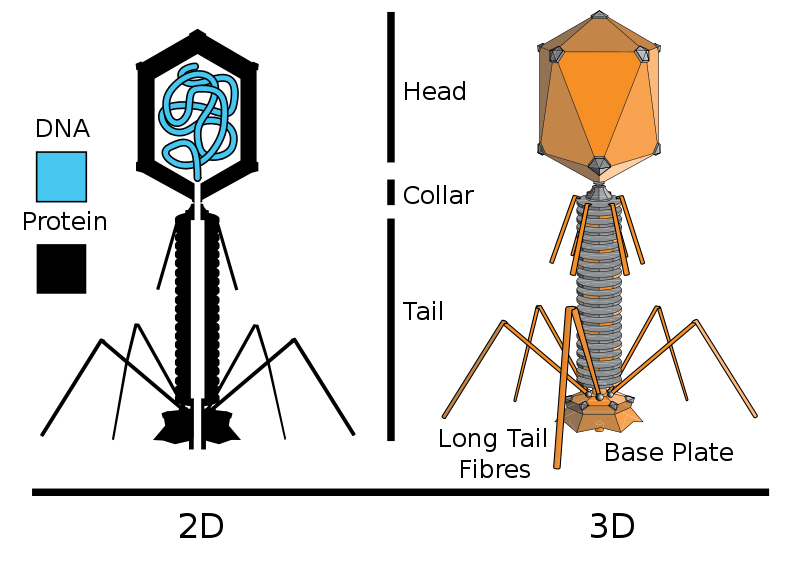
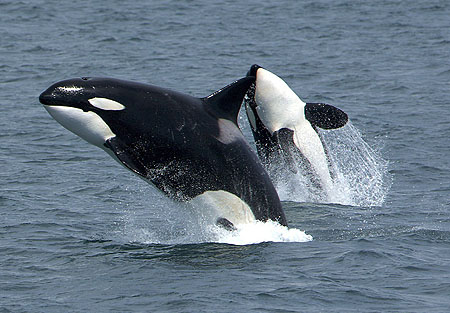
Killer whale moms live long past menopause, apparently to support and protect their adult sons.
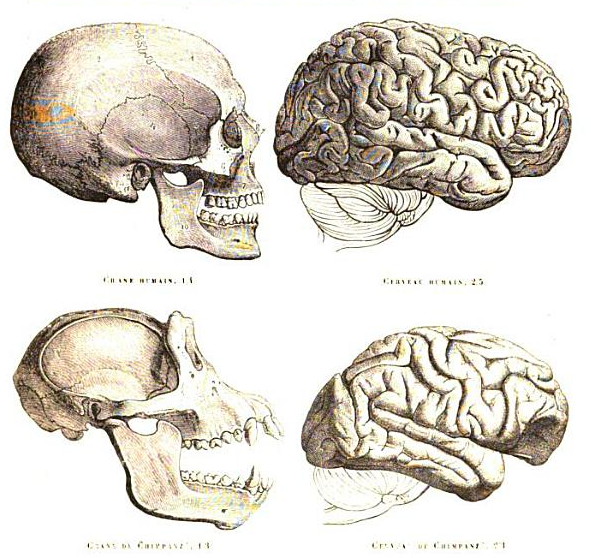
The insulation surrounding nerves develops more quickly in chimpanzees than in humans.
